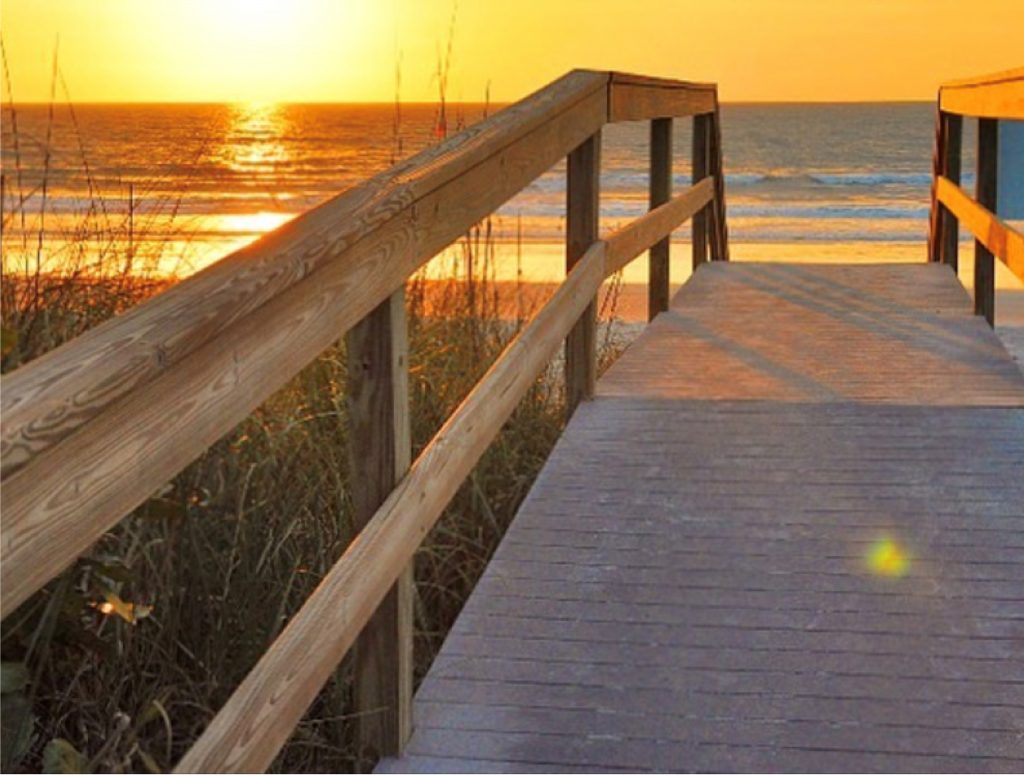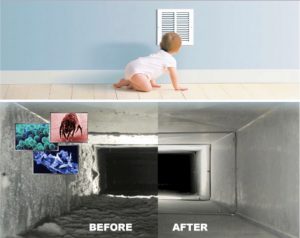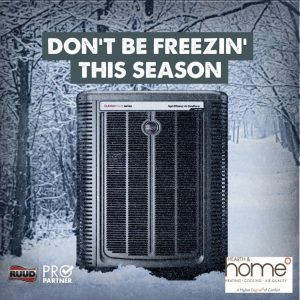Air conditioning is something well known to all Floridians and something that we simply can’t live without. Did you know that an estimated 86% of Florida homes have an HVAC system? In fact, without a good air conditioning unit in your home, it would be extremely difficult to live in this climate. A hot day out by the water in the Space Coast is fun, but its even better when we have a nice air conditioner to return to.
So chances are if you live in Florida HVAC Maintenance is very important. One of the biggest factors we should be looking at here in Florida is how far we are from the ocean and how the salt water air effects your HVAC unit.
Why is my HVAC affected by the Florida climate?
If you live near the Florida coast you are probably familiar with the problems saltwater can cause to the metal objects outside your home. However, you may not know what you can do to help prevent this damage to your AC.
Saltwater in the air can corrode and deteriorate the metal much faster than if you lived further inland. It will cause your coils to corrode and the air flow will lose efficiency and cause a reduction in heat transfer when heating. The metal frame and casings will rust much faster and can cause further damage to parts within the unit.
Signs of saltwater damage:
- Your unit is not cooling properly, and its performance is deteriorating.
- Parts are breaking regularly and needing repair too often.
- Your equipment is icing over or freezing up.
- Pockmarks or material corrosion is forming on the equipment.
All these issues may have you thinking about the different parts of your AC and how they may be damaged by living close to the coast.
Parts that can be damaged by saltwater:
- Aluminum fins
- Condenser coils
- Compressor
- Fan
- Metal frame and casing
This can all be worrisome considering the condenser coil is one of the most vulnerable parts of the system. Aluminum deteriorates and corrodes quickly from the saltwater and this can prevent heat transfer and obstruct the air flow. This can be frustrating as it will lead to costly repairs and part replacements.
All this negative talk about how living near the coast and subjecting your AC to saltwater can leave a lot to the imagination. Fortunately, the experts here at Hearth & Home can provide solutions and remedies to help deter this damage and increase the longevity of your AC unit in spite of your geographic location.
How to prevent AC saltwater damage:

- Pick the best location for your unit. A professional HVAC technichian can help pick the most efficient location to place your AC unit outside your home for installation.
- Construct a Mist Barrier. For example, they will assess the layout of your home in relation to the ocean and use it as a barrier for the harsh winds and saltwater.
- Use rust resistant materials like copper coils. Copper is naturally resistant to corrosion because it creates its own protective film and are not prone to galvanic corrosion. Copper-fin coils are an excellent option for coastal environments.
- Rinse your unit with fresh water on a regular basis. This can prevent the buildup of salt on your equipment, reducing the rate of deterioration.
- Regularly inspect the unit. This can help you determine issues with the unit before the damage gets too bad.
- Schedule Routine Maintenance. Hiring a professional HVAC specialist to maintain your unit is a perfect way to ensure the longevity of your AC unit. Our experts ensure your temperature control is optimized. We are happy to provide solutions to any problems you may encounter along the way.




